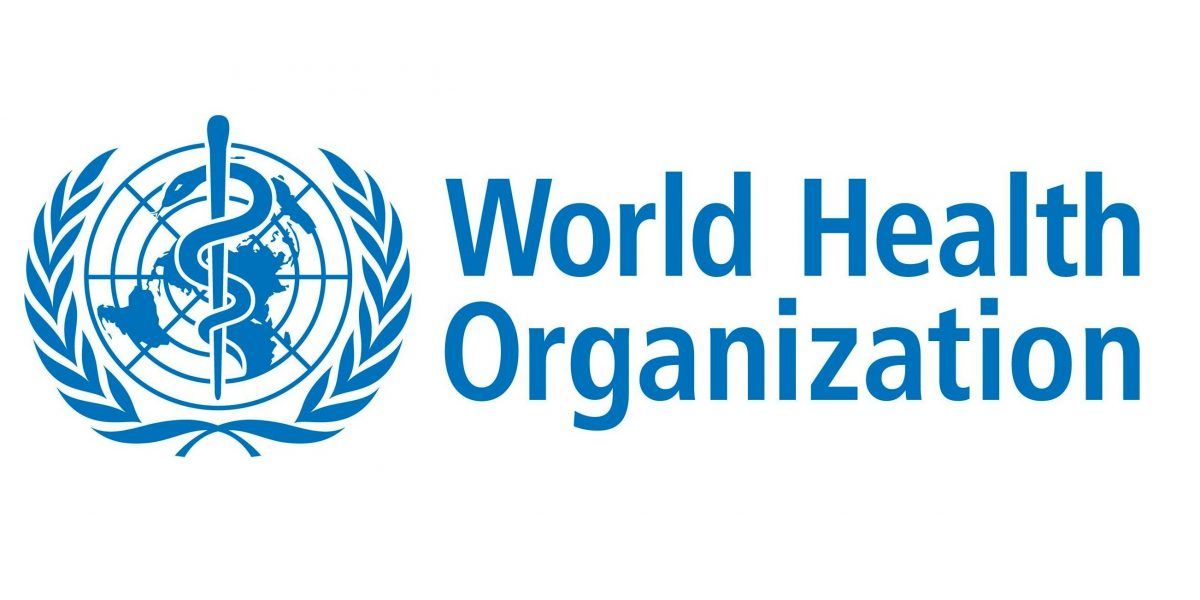 The Coronavirus knows no borders. The world has learned, the hard way, that it cannot be fought at purely national level. A pandemic, by its very nature, is global. This is not the time to shift blame, attack, divide and undermine essential global organisations as President Trump is doing. It is, instead, the moment to lead, pull people together, and reinforce global solidarity.
The Coronavirus knows no borders. The world has learned, the hard way, that it cannot be fought at purely national level. A pandemic, by its very nature, is global. This is not the time to shift blame, attack, divide and undermine essential global organisations as President Trump is doing. It is, instead, the moment to lead, pull people together, and reinforce global solidarity.
Trump’s decision to withhold financial support that the US pledged to World Health Organisation puts a great deal at risk. Now, more than ever, the UN and its agencies need political and financial support. The pandemic, and many other problems, are global. Global problems require global solutions.
The WHO and other international bodies should not be immune to criticism. That is also true of national governments and regional bodies. They should all work better, but that means participation, support and construction, not destruction.
WHO is at the centre of this struggle. It coordinates the response and uses its expertise and links with the best scientific and medical expertise to provide credible information, and updates. The transparency and reliability of its data helps to combat misinformation and deception.
Not only is the WHO indispensable and irreplaceable for all countries, but its current role builds on its ongoing work to improve access and quality of health of the poorest and most vulnerable amongst us. Damage to the WHO and to the UN system as a whole will makes inequalities even wider.
For poor and rich countries alike, the structure, competencies, and traditions of the WHO make it possible to create global health alliances and solidarity. It is clear that both are critical now, but also for the future.
The global health crisis has become an economic crisis. Although the depth and the length of the global recession is unknown, its impact, especially on workers and the poor, will be severe and, in many cases, devastating.
Grossly disparate public health care systems and social and economic inequality have contributed to and aggravated the spread of the Coronavirus and the effects of the disease. In the same way, the return of employment, of productive investment and development, depend on coordinated global action. Global solidarity is not only the right thing to do, it is a condition for global economic recovery.
BWI General Secretary Ambet Yuson stressed, “The pandemic did not create interdependence between nations. However, it dramatically revealed it. There have been high levels of infection and death, some of which were avoidable. Ignoring the lessons of the pandemic would compound and perpetuate that tragedy. The future of all depends on healing the fractures in our global community. As never before, an injury to one is an injury to all. If we are to move forward, we must do it together. That requires cooperation, deep and sustained global solidarity, and a viable strong UN system to build global coherence and governance.”
